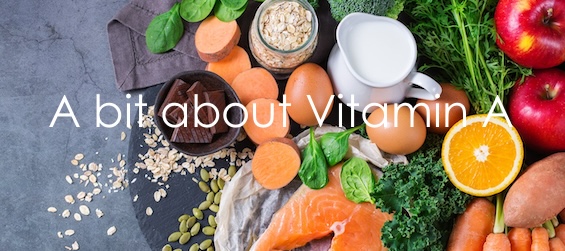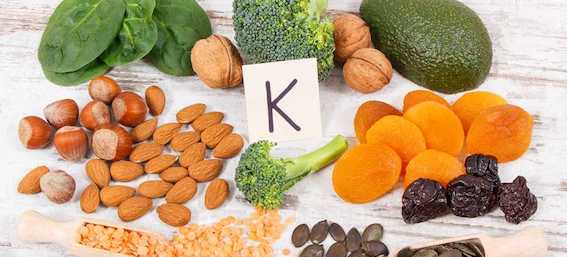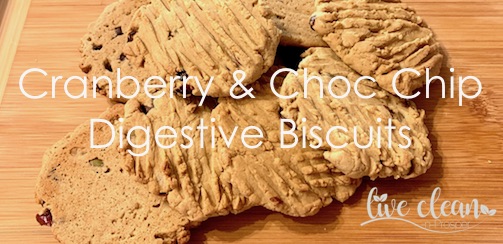We have been diving into a series of nutrients and looking at what they do. Today we are going to take a look at vitamin A.
What is it?
Vitamin A, also known as retinoic acid, is a fat-soluble vitamin that is naturally present in many foods. It plays a role in many bodily functions.
There are two different sources for vitamin A:
*Preformed vitamin A is found in fish, organ meats (such as liver), dairy products, and eggs
*Provitamin A carotenoids are turned into vitamin A by your body. Carotenoids are pigments that give yellow, orange, and red fruits and vegetables their colour. Your body is able to convert some carotenoids into vitamin A.
What does it do?
It is important for normal vision, the immune system, reproduction, and growth and development. Vitamin A also helps your heart, lungs, and other organs work properly.
I think the most important function of vitamin A is gut health. Its benefit for the gut is twofold, first it helps to restore the mucous lining and second, it helps to balance the immune system. This means that it can be particularly useful in autoimmune conditions of the gut like Chrones disease and leaky gut.
Retinol, is one of the 4 forms of vitamin A which studies have found assists in the regeneration of the mucous lining, thus reducing leaky gut. This happens because the mucous layer is a protective layer, as well as being involved in the health of tight gap junctions that make up the physical part of the gut.
Another form of vitamin A, Retinoic acid, has been found to promote T cell activation as well as increasing the rate of NK (natural killer cells) in the body, both play a major role in immunity.
Our bodies have an adaptive immunity, which means it creates T cells to fight a particular infection. NK cells on the other hand are part of our innate immunity that we get from our parents and from natural child birth. They are particularly good at protecting the body from tumour growths and viral infections until the adaptive cells can mount a specific response.
What if I am low in Vitamin A?
Some of the signs and symptoms of vitamin A deficiency can include night blindness because it helps to create Rhodopsin, a protein found in the eyes. A long-term deficiency of vitamin A can also lead to a higher risk of respiratory diseases (such as pneumonia) and infections (such as measles and diarrhoea).
It can also cause anaemia (a condition in which the red blood cells do not supply enough oxygen to the body). In severe cases, not getting enough vitamin A can increase your chances of dying.
What foods provide vitamin A?
Vitamin A is found naturally in many foods and is also added to some foods during processing, such as milk and cereal. You can get your daily dose of vitamin A by eating a variety of foods, including the following:
*Some types of fish, such as herring and salmon
*Beef liver and other organ meats (which are also high in cholesterol, so limit the amount you eat)
*Green leafy vegetables and other green, orange, and yellow vegetables such as spinach, sweet potatoes, carrots, broccoli, and winter squash
*Fruits, including rock melon, mangos, and apricots
*Dairy products, such as milk and cheese
*Fortified breakfast cereals
*Eggs
It is also important to note that cooking these foods, can reduce the amount of vitamin A by as much as 35%.
If you think you may be deficient in vitamin A, talk to your chosen health professional about the steps appropriate for you to take.
We hope you found this information interesting.
Till the next post,
Live clean n Prosper.
Sources – National Institute of Health – Web MD



